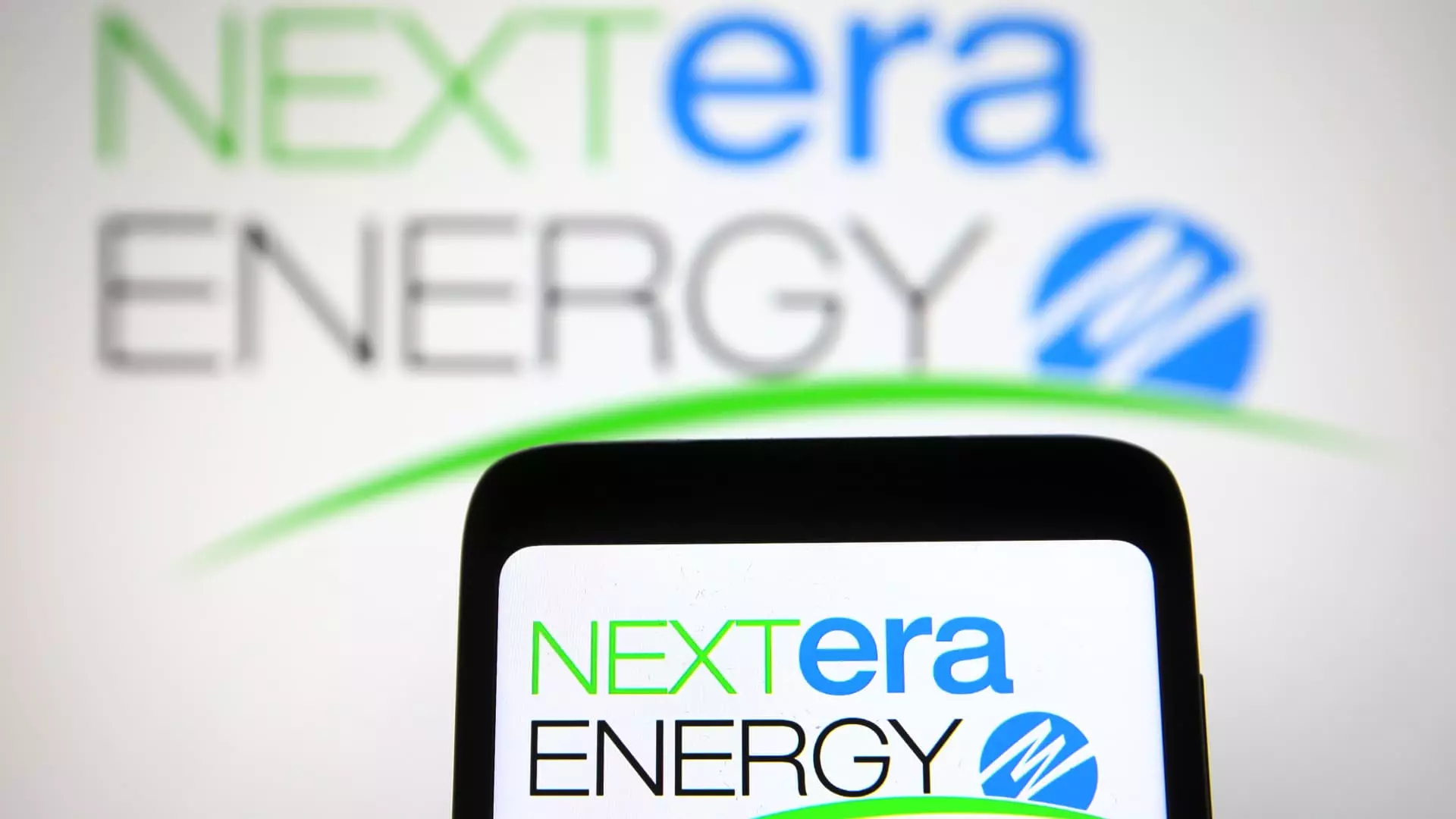In the midst of an increasing demand for carbon-free energy, NextEra Energy is contemplating the idea of restarting the Duane Arnold Energy Center in Iowa. This nuclear plant ceased operations in 2020 after providing 45 years of service. NextEra CEO John Ketchum has emphasized the importance of a thorough risk assessment before making any decisions regarding the reactivation of the reactor. Despite the potential opportunities and market demand, Ketchum stresses that the approach must be nearly risk-free with adequate mitigants in place.
Nuclear energy had faced a decline in popularity over the past decade as alternative, more cost-effective energy sources such as natural gas and renewables emerged. Safety concerns were heightened following the 2011 Fukushima nuclear accident in Japan, leading to the closure of a significant number of nuclear reactors in the U.S. However, there is now a renewed interest in nuclear energy as the country navigates a wave of power demand from various sectors, including artificial intelligence data centers, domestic manufacturing, and the electrification of the economy.
While there is a concerted effort to reduce carbon dioxide emissions by expanding renewable energy sources like solar and wind, challenges remain in providing reliable power due to their dependency on weather conditions. Despite optimism from CEOs in the renewable energy industry about the potential of battery storage solutions, utility executives argue that nuclear and natural gas are essential for maintaining grid reliability. Southern Company CEO Chris Womack advocates for the installation of over 10 gigawatts of new nuclear power to meet the growing electricity demand in the U.S.
The push for new nuclear power plants has not been without criticism, with some industry leaders expressing concerns about the costs associated with building and maintaining such facilities. However, the tech sector has shown a growing interest in nuclear energy as a reliable power source for data centers. Companies like Amazon Web Services have made substantial investments in nuclear-powered data centers, signaling a shift towards embracing nuclear energy for critical infrastructure needs.
The United States boasts the largest nuclear fleet globally with 94 operating reactors. The Biden administration has introduced tax credits to support existing reactors and prevent further closures. Additionally, the U.S. has committed, along with a coalition of other countries, to triple nuclear power generation by 2050 to address climate change concerns. This marks a significant step towards leveraging nuclear energy as a sustainable and reliable solution for the evolving energy landscape.

